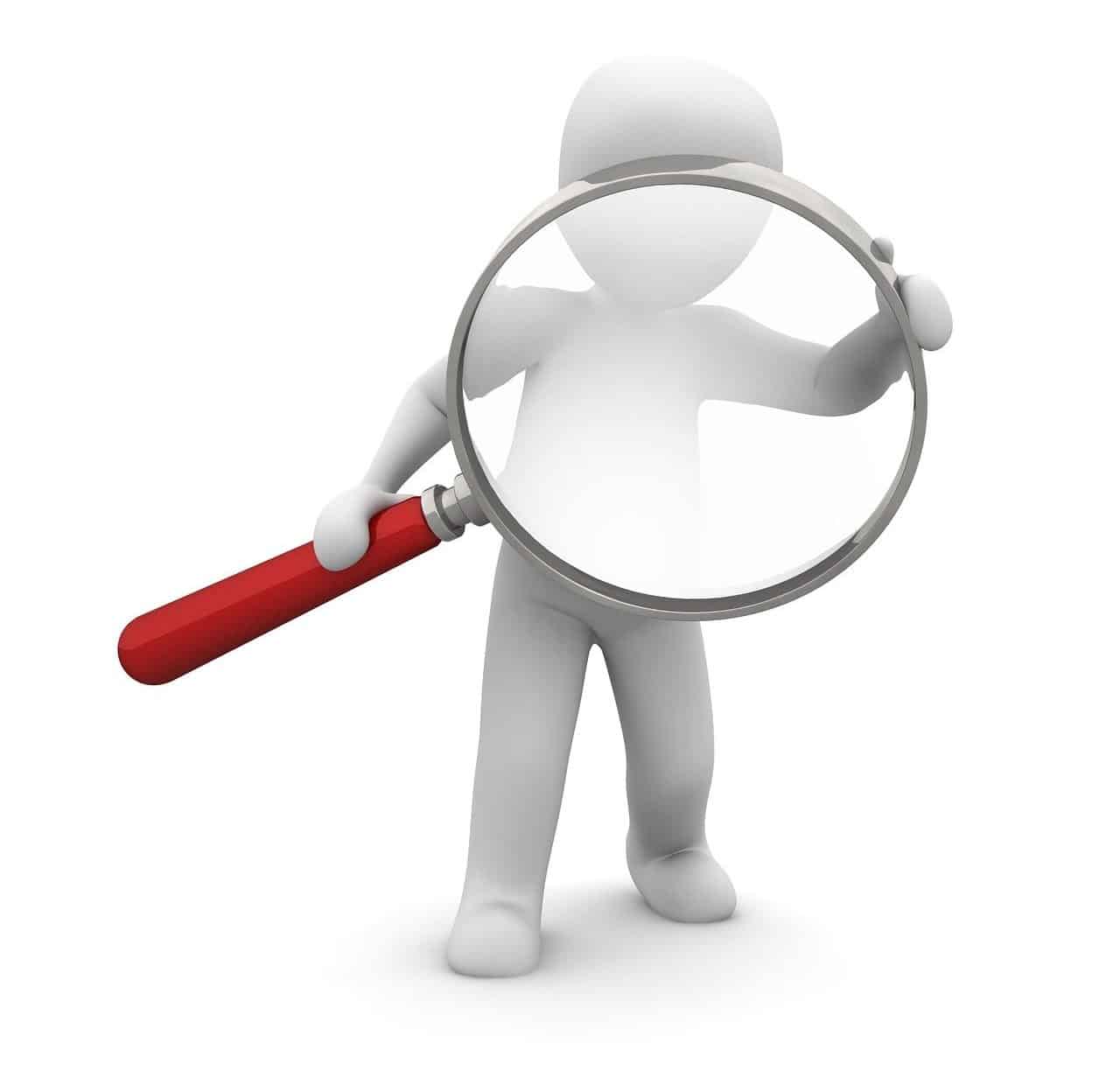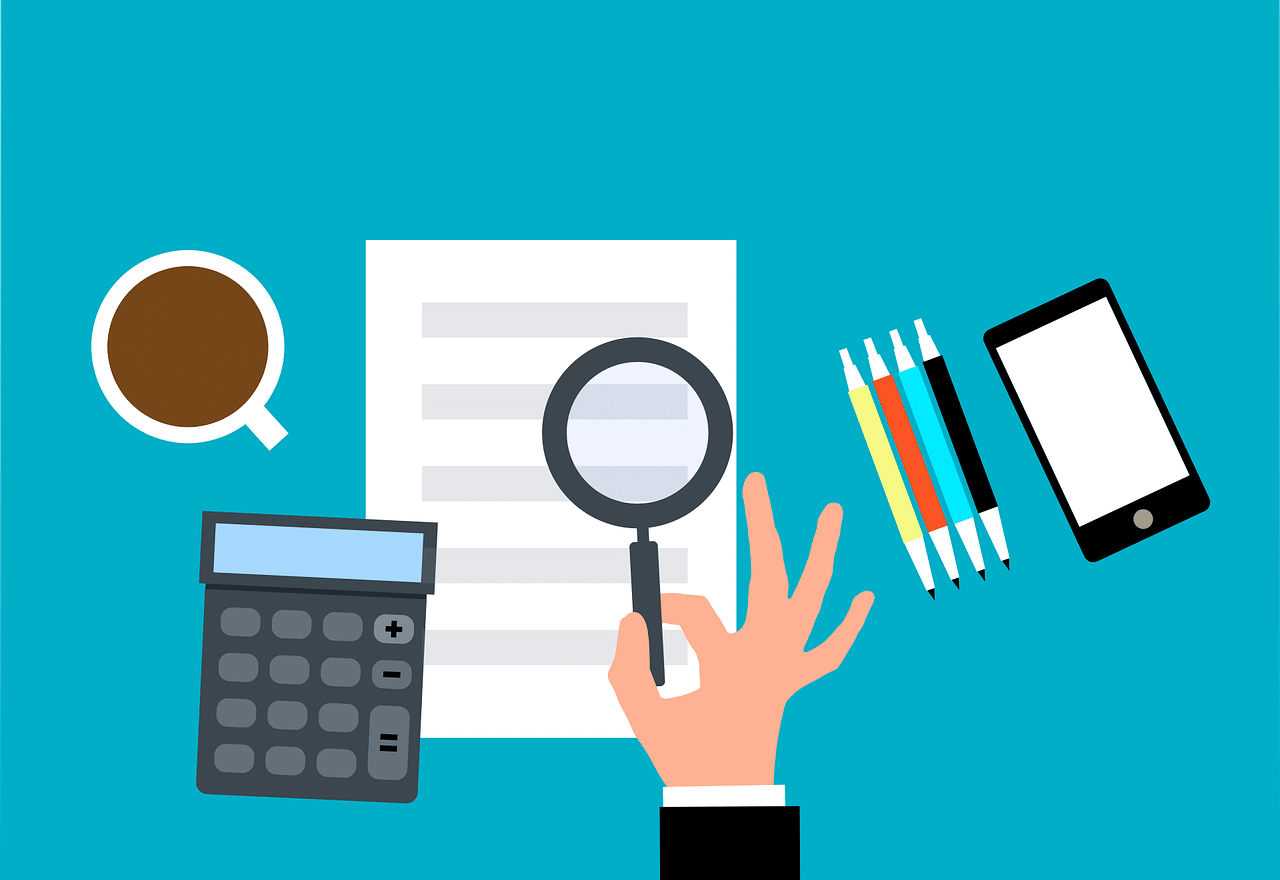
A supervisor assumes a control or review task.
Veedor is a term that can be used as an adjective to describe someone who is dedicated to observing, recording or controlling the actions of other people. As a noun, the concept refers to someone who has these activities as a job .
For example: "The victim's mother requested the presence of an observer from the International Court of Justice to guarantee the transparency of the process" , "The European Union agreed to send observers to control the electoral process in the Central American country" "An observer will evaluate the performance of the referees on each date of the tournament."
The observers are in charge of ensuring that certain actions are carried out in accordance with what is established by the rules . That is why an observer acts as an inspector, reviewer, supervisor or verifier.
Veedores in the Middle Ages
Throughout history, the oversight functioned in various ways and in different contexts. In the Middle Ages , the overseer was the one who controlled, in a Royal House , the food that was served to the lords. In this way, the overseer supervised the work of the butchers and servants to analyze expenses and guarantee the quality of the food purchased.
In other words, the role of the overseer was assumed by one of the servants of the Royal House, and his main function was to control the food of his lords. The butlers, whom the veedor had to supervise, were subordinate to the senior mayordomo and are also known as viedores de vianda ; They had to buy and store all food and then ration it at royal meals.
Well, the overseer had to make sure that the grocers and buyers did not take advantage of their positions to buy extra food and then resell it ; Preventing fraud was one of its main objectives. On the other hand, he had to ensure that food handling was carried out following the indicated hygiene standards, and that the food was properly preserved.
The overseer's tasks were far from being simple; To carry out such exhaustive supervision he had to be aware of the prices of the products in the square, where he often went. It is important to highlight the lack of contact that the members of royalty had with the people on whom their health depended , and that is why these intermediate positions were necessary, which carried the great responsibility of avoiding attacks or fatal errors.

The observers are in charge of supervising, inspecting or verifying something.
Water care
Several centuries ago, medical knowledge was not up to par with today's, nor did there exist instruments and drugs to treat many of the common diseases and infections. For this reason, poor nutrition or dehydration could have consequences that today would seem disproportionate.
In 1494 , for example, the Catholic Monarchs decided to visit Doña Isabel , in the company of the Prince and his sisters; To do this, they had to make a trip from Medina del Campo to Arévalo . The problem arose when the dust and intense heat forced them to consume all their water reserves long before reaching their destination, which cost the lives of three people.
Since then, the watcher's role included ensuring that there was no shortage of water on voyages of this kind. To do this, they brought a pair of mules or donkeys with the necessary resources so that the humans would not become dehydrated.
Other roles of a veedor
In a similar sense, the person who controlled the operation of the royal stables was also called overseer, as was the military authority who inspected different issues of the armed forces.
Currently, observers also act in the field of sport , supervising scores, analyzing the role of judges or referees , controlling the equipment used and fulfilling other functions depending on the discipline in question.
